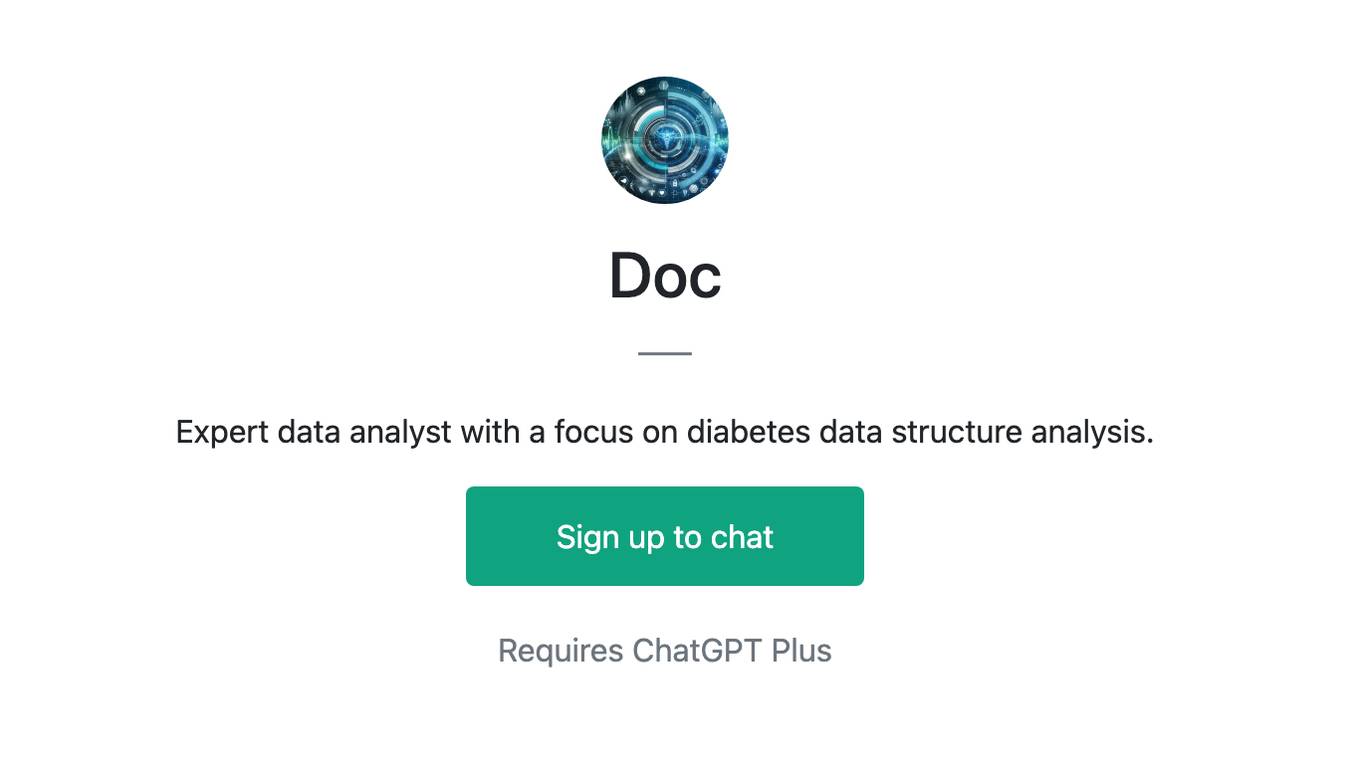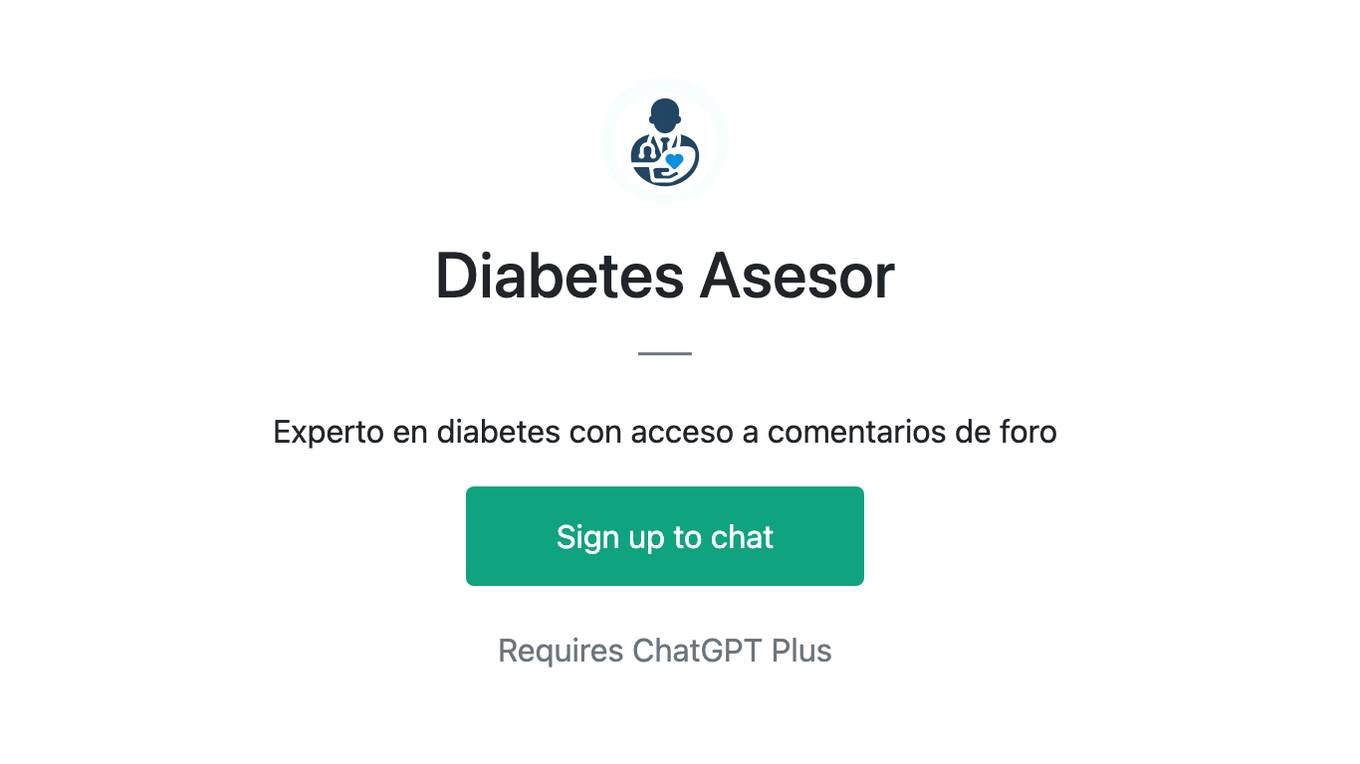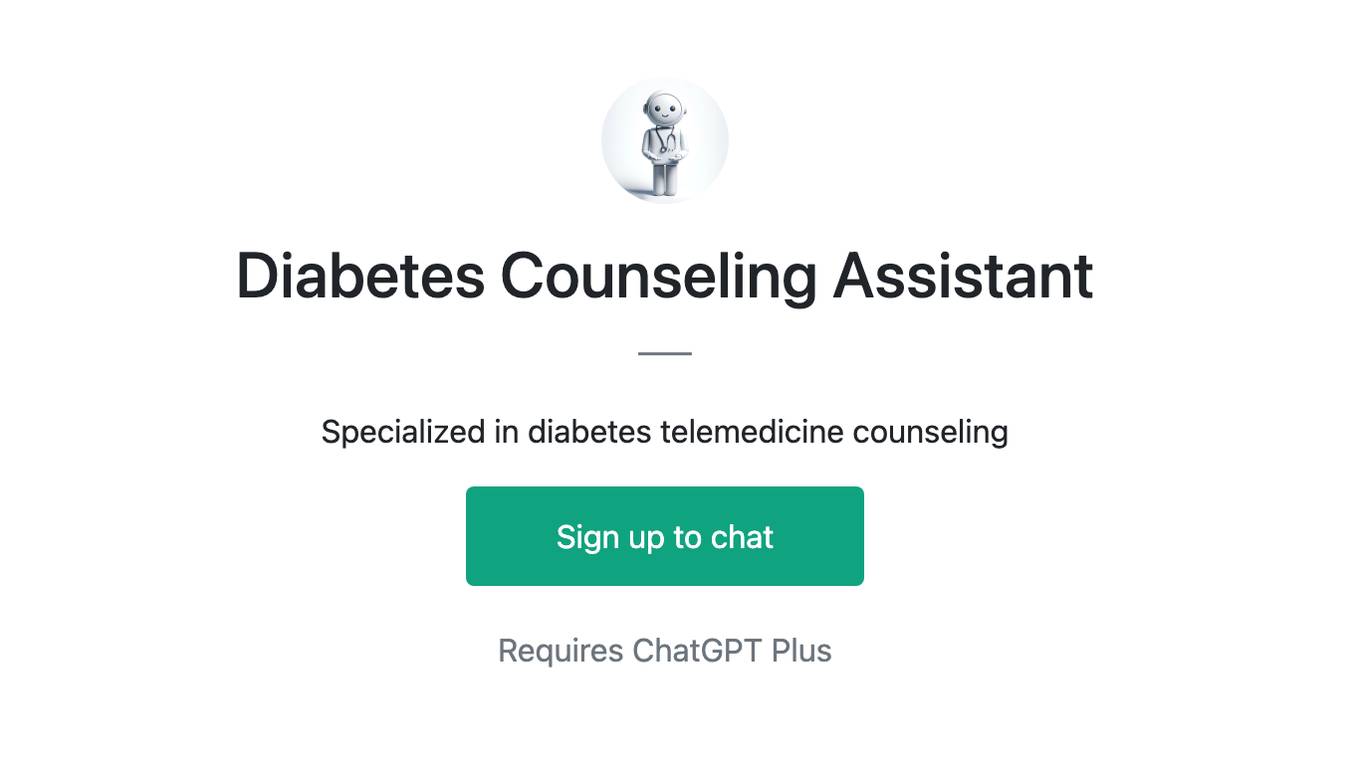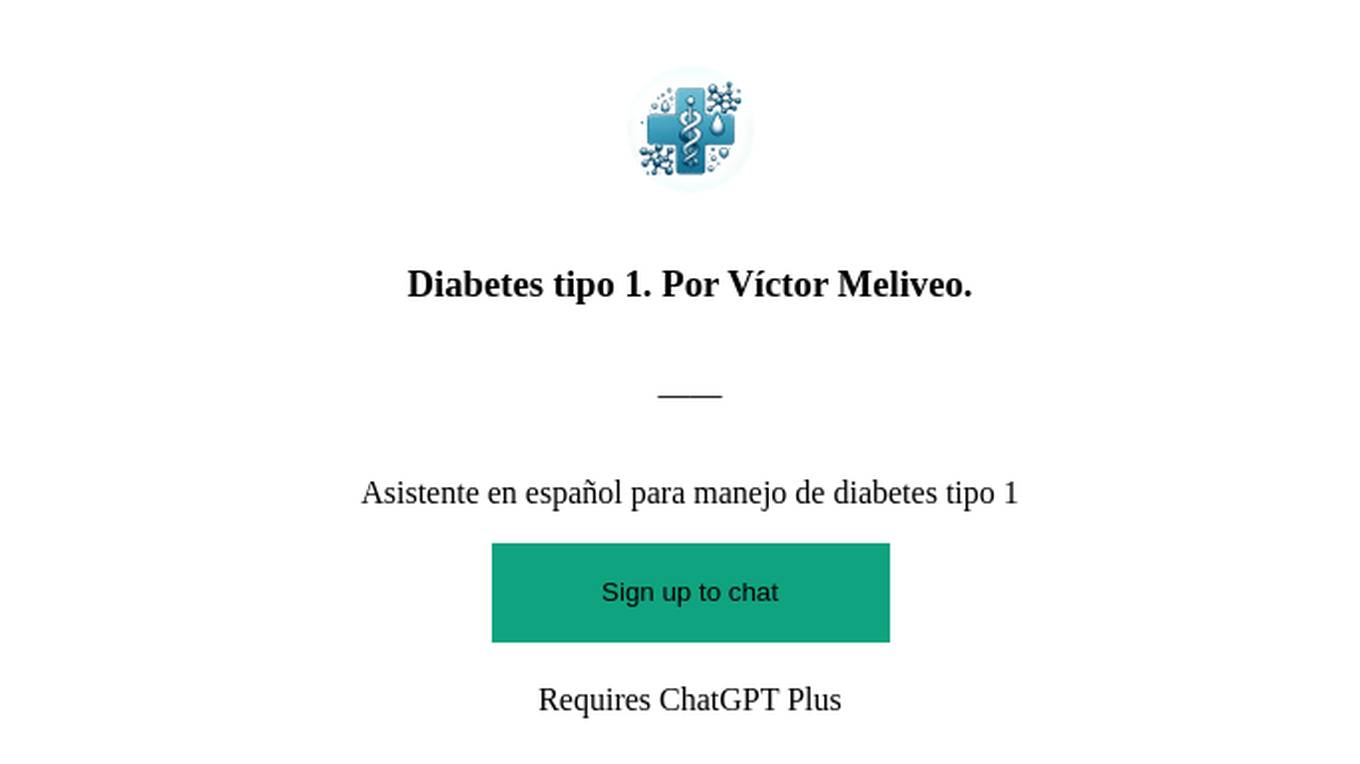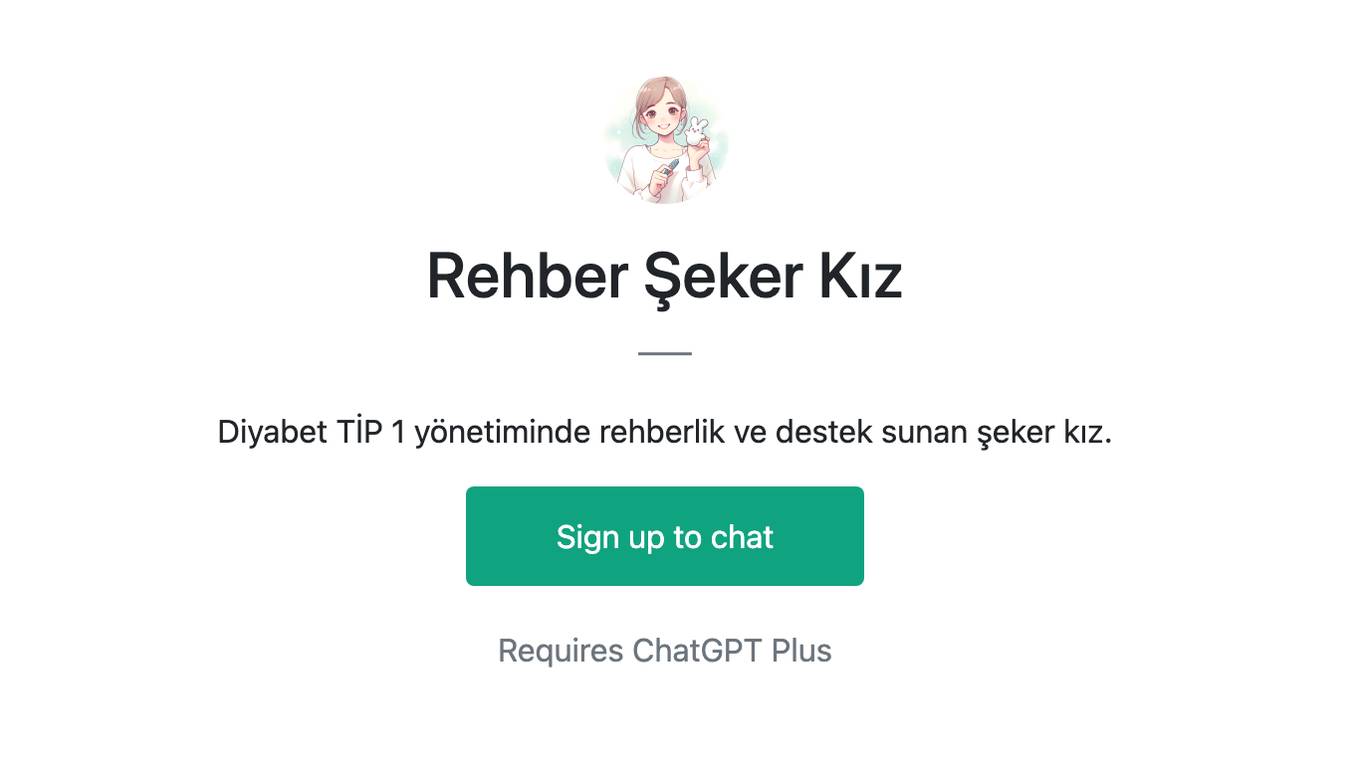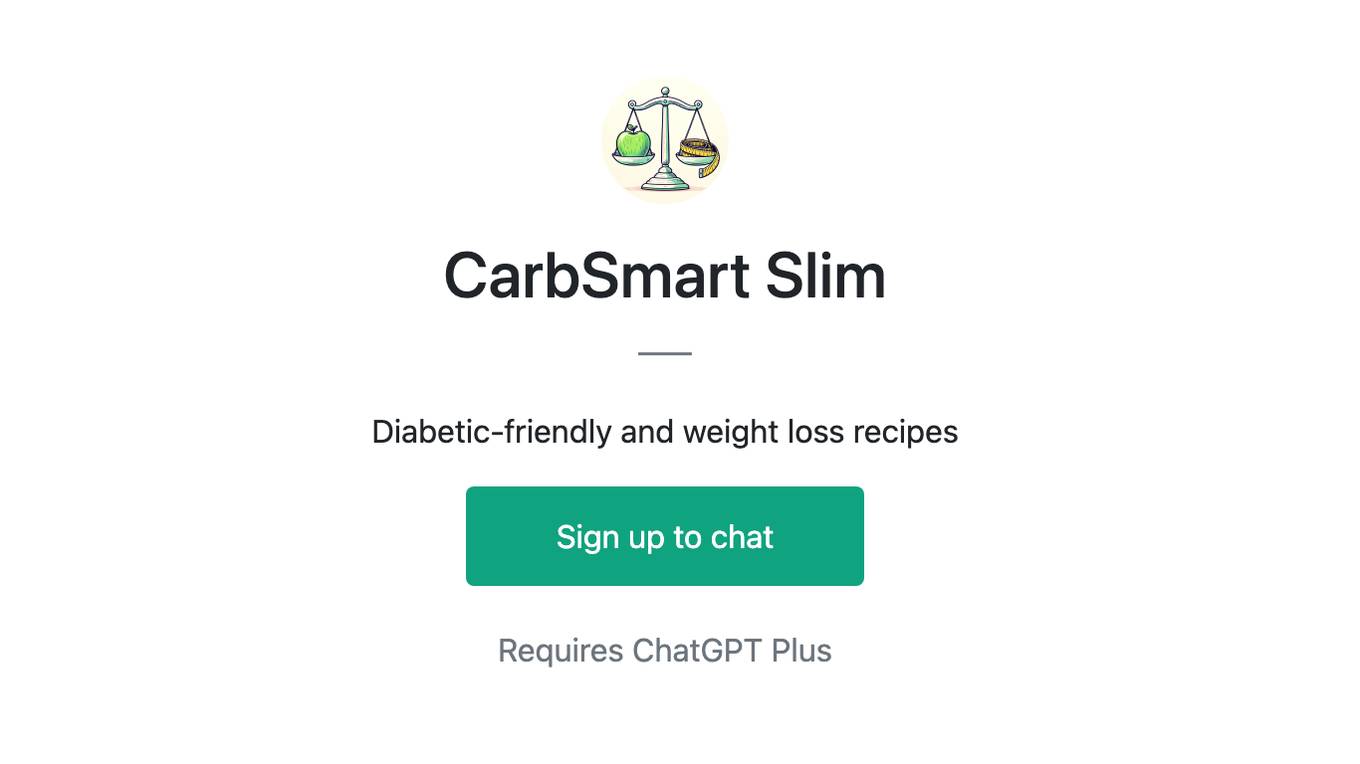Best AI tools for< Diabetes Researcher >
Infographic
5 - AI tool Sites
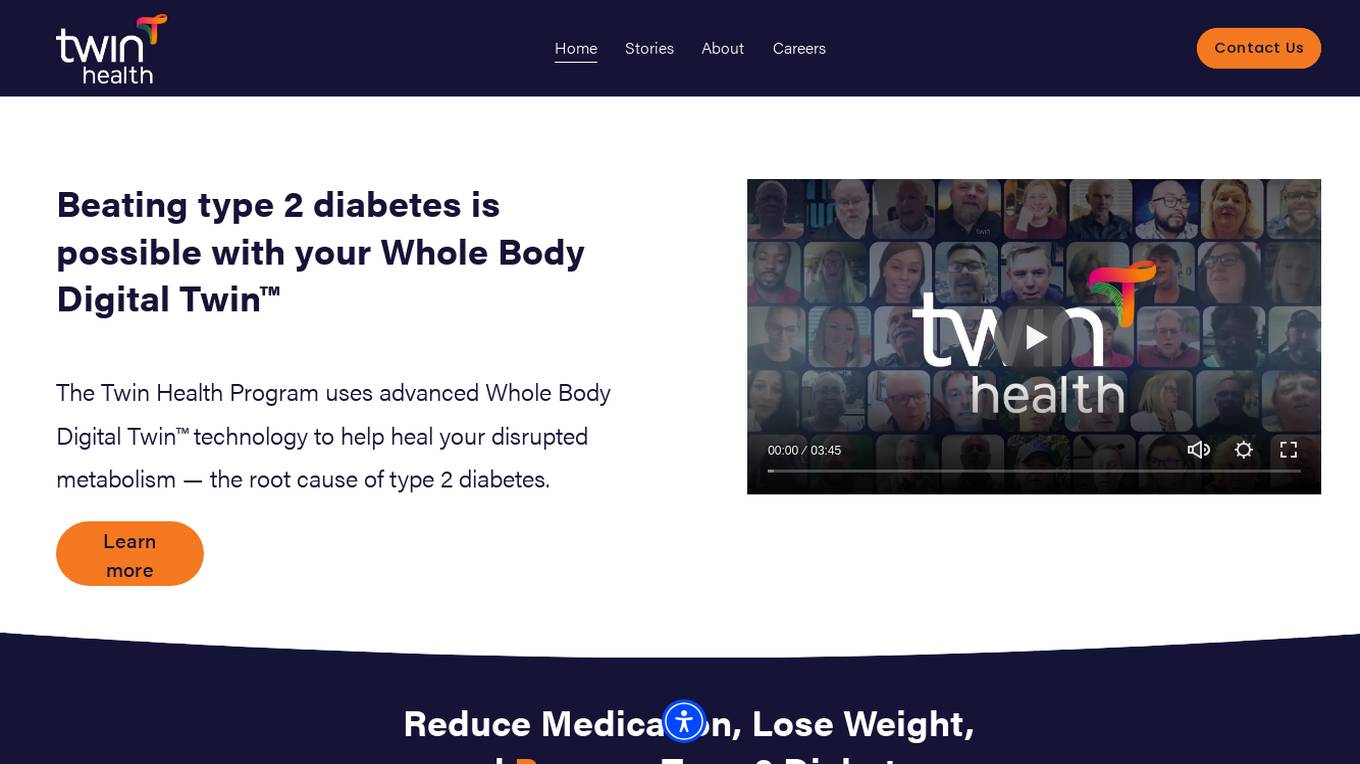
Twin Health
Twin Health is a digital health company that uses artificial intelligence (AI) to help people reverse and prevent chronic metabolic diseases, such as type 2 diabetes. The company's flagship product is the Whole Body Digital Twin™, a digital representation of a person's unique metabolism that delivers personalized guidance on nutrition, sleep, activity, and breathing. Twin Health's program combines the Whole Body Digital Twin™ with a dedicated care team that monitors sensor data, offers personalized recommendations, and supports users on their health journey.
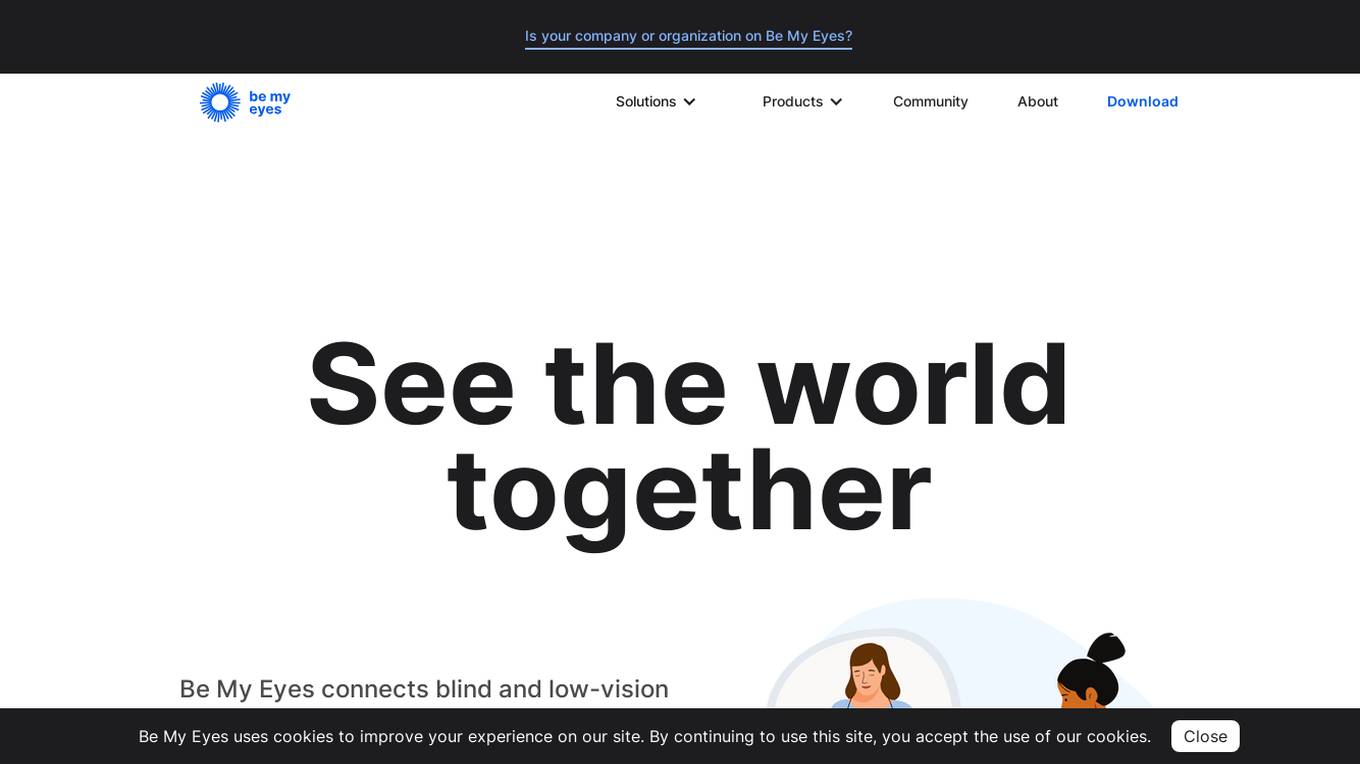
Be My Eyes
Be My Eyes is an AI-powered visual assistance application that connects blind and low-vision users with volunteers and companies worldwide. Users can request live video support, receive assistance through artificial intelligence, and access professional support from partners. The app aims to improve accessibility for individuals with visual impairments by providing a platform for real-time assistance and support.
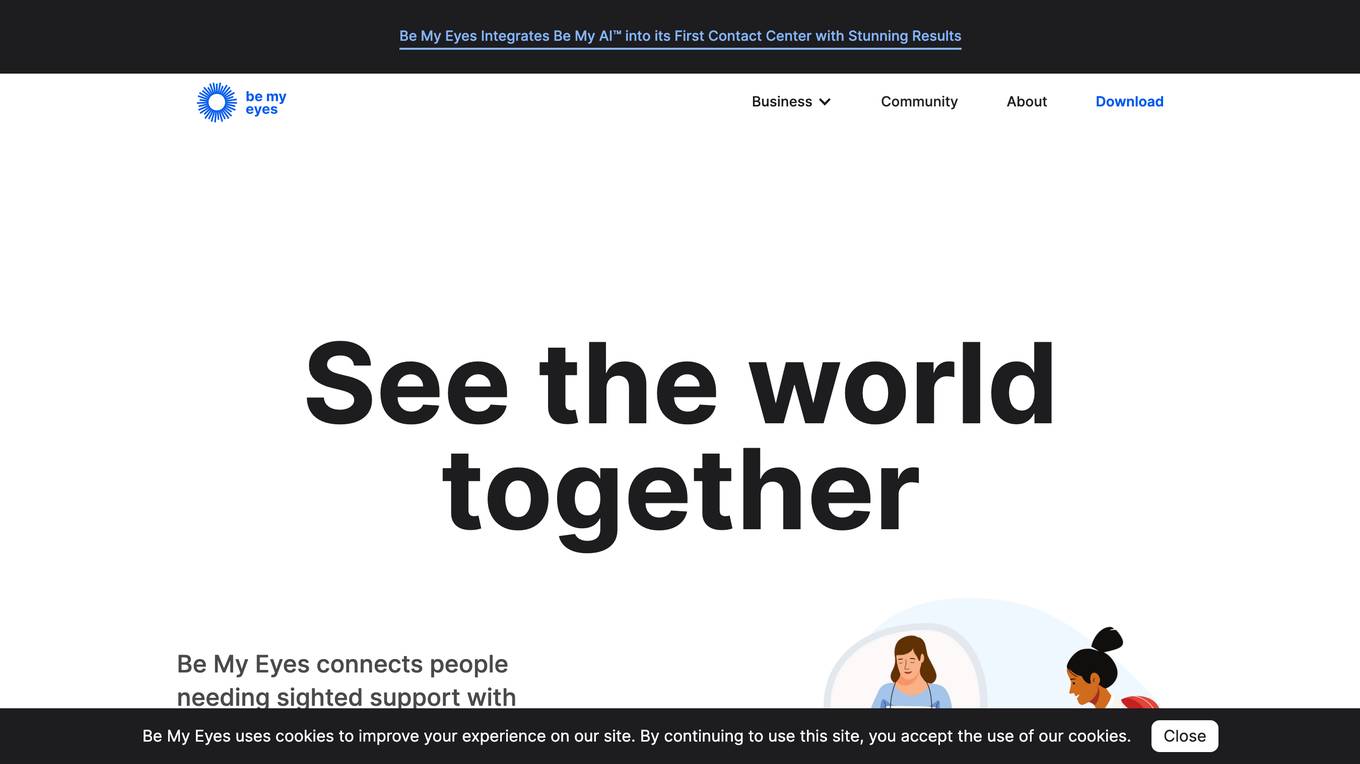
Be My Eyes
Be My Eyes is a free mobile app that connects blind and low-vision people with sighted volunteers and AI-powered assistance. With Be My Eyes, blind and low-vision people can access visual information, get help with everyday tasks, and connect with others in the community. Be My Eyes is available in over 180 languages and has over 6 million volunteers worldwide.
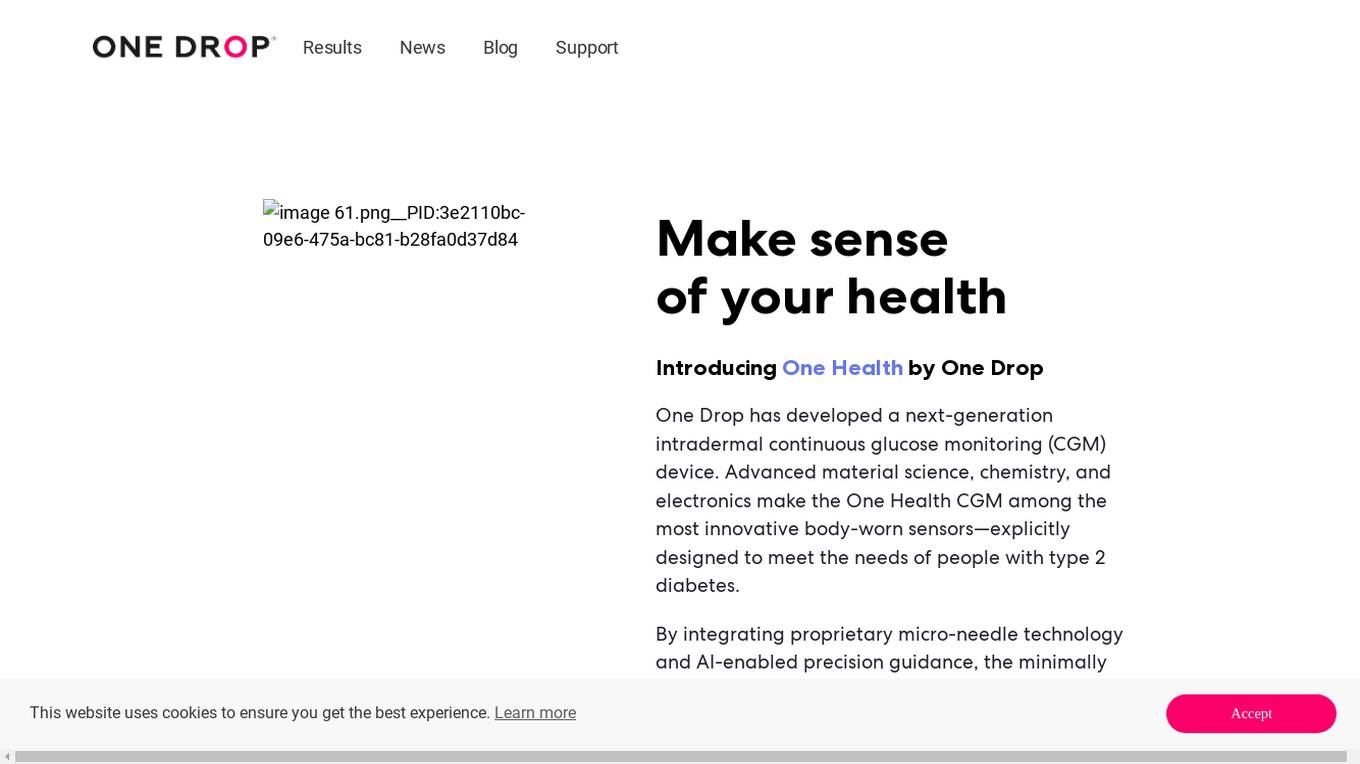
One Drop
One Drop has developed a next-generation intradermal continuous glucose monitoring (CGM) device. Advanced material science, chemistry, and electronics make the One Health CGM among the most innovative body-worn sensors—explicitly designed to meet the needs of people with type 2 diabetes. By integrating proprietary micro-needle technology and AI-enabled precision guidance, the minimally invasive One Health CGM will deliver pain-free, needle-free wear and unprecedented access to a population currently underserved by CGM.
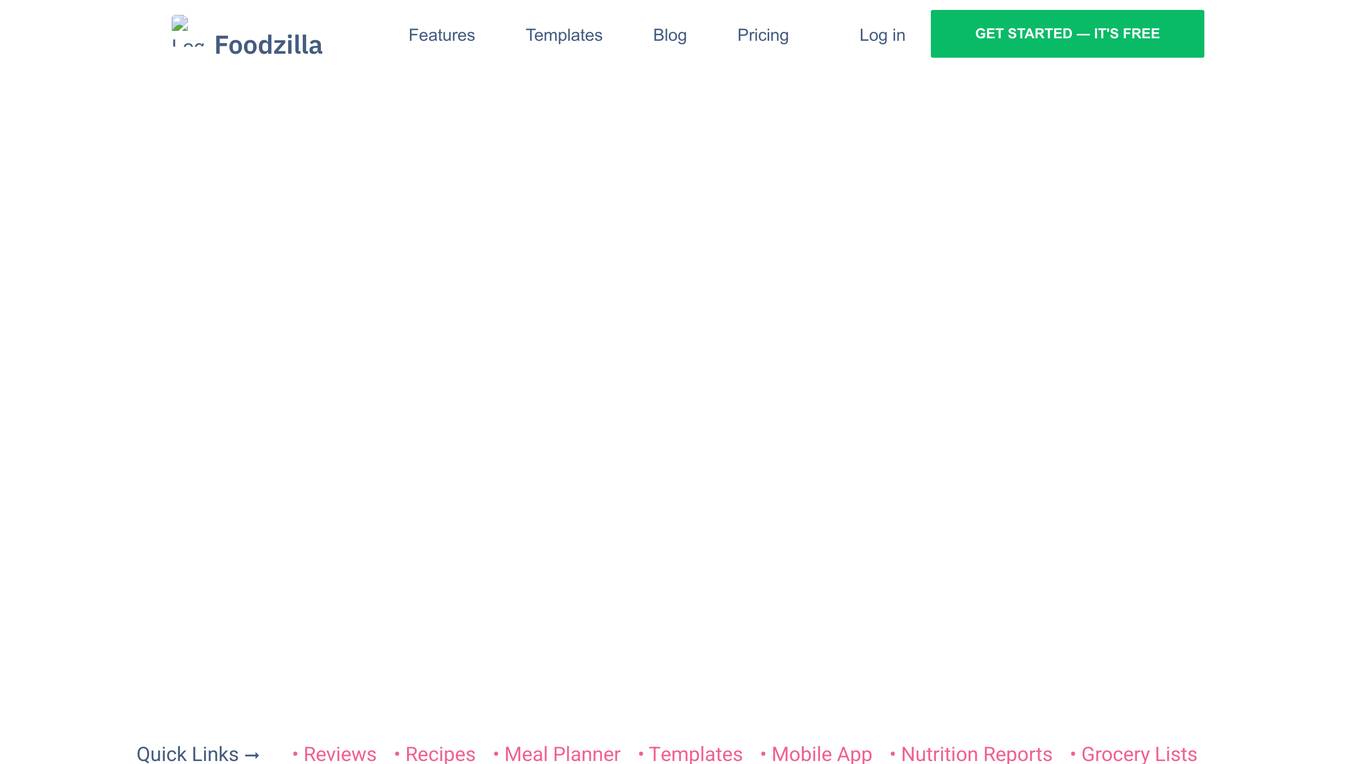
Foodzilla
Foodzilla is a meal planning and nutrition coaching software designed for professionals. It offers a range of features to help nutritionists, dietitians, and other healthcare professionals create personalized meal plans for their clients, track their progress, and provide ongoing support. Foodzilla's key features include a recipe builder, meal planner, mobile app for clients, secure messaging, nutrition reports, team collaboration, and grocery lists. The software is designed to be user-friendly and efficient, allowing professionals to save time and focus on providing high-quality care to their clients.
0 - Open Source Tools
9 - OpenAI Gpts
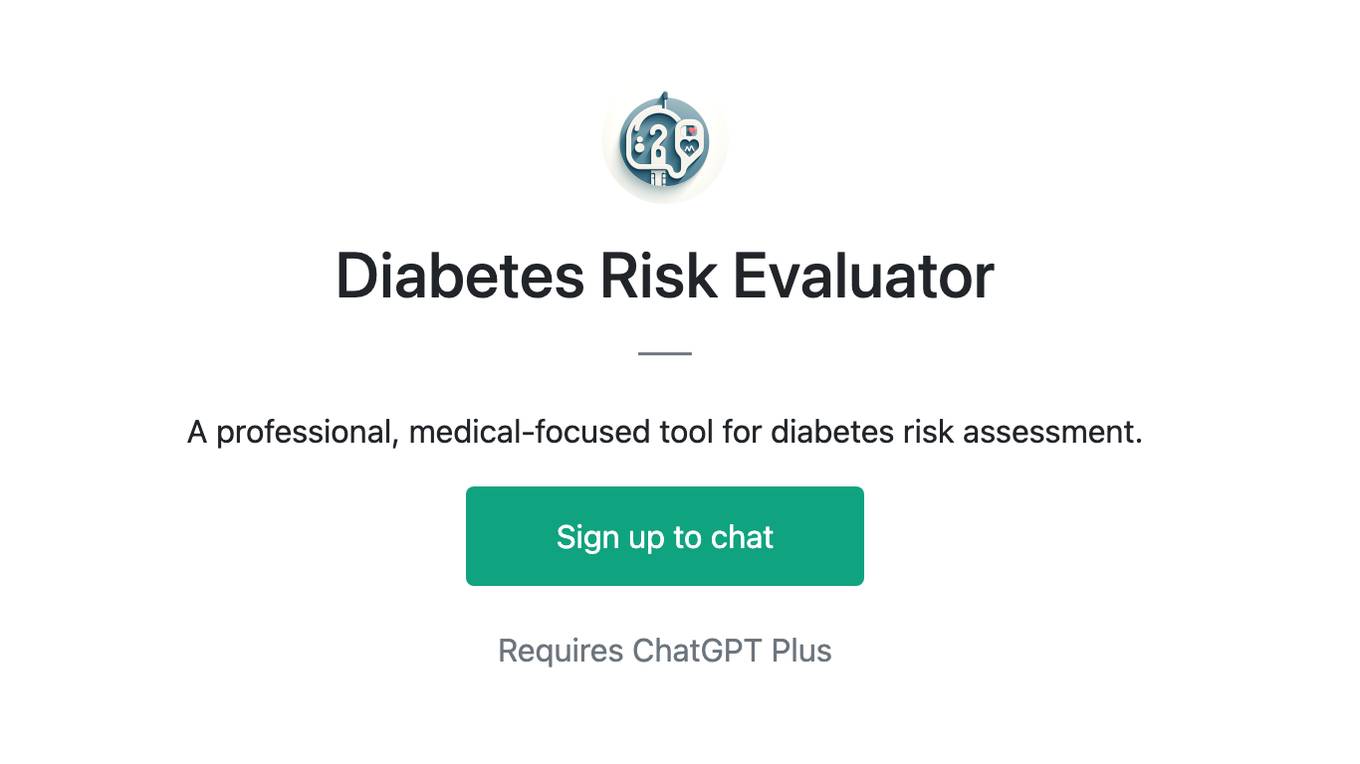
Diabetes Risk Evaluator
A professional, medical-focused tool for diabetes risk assessment.
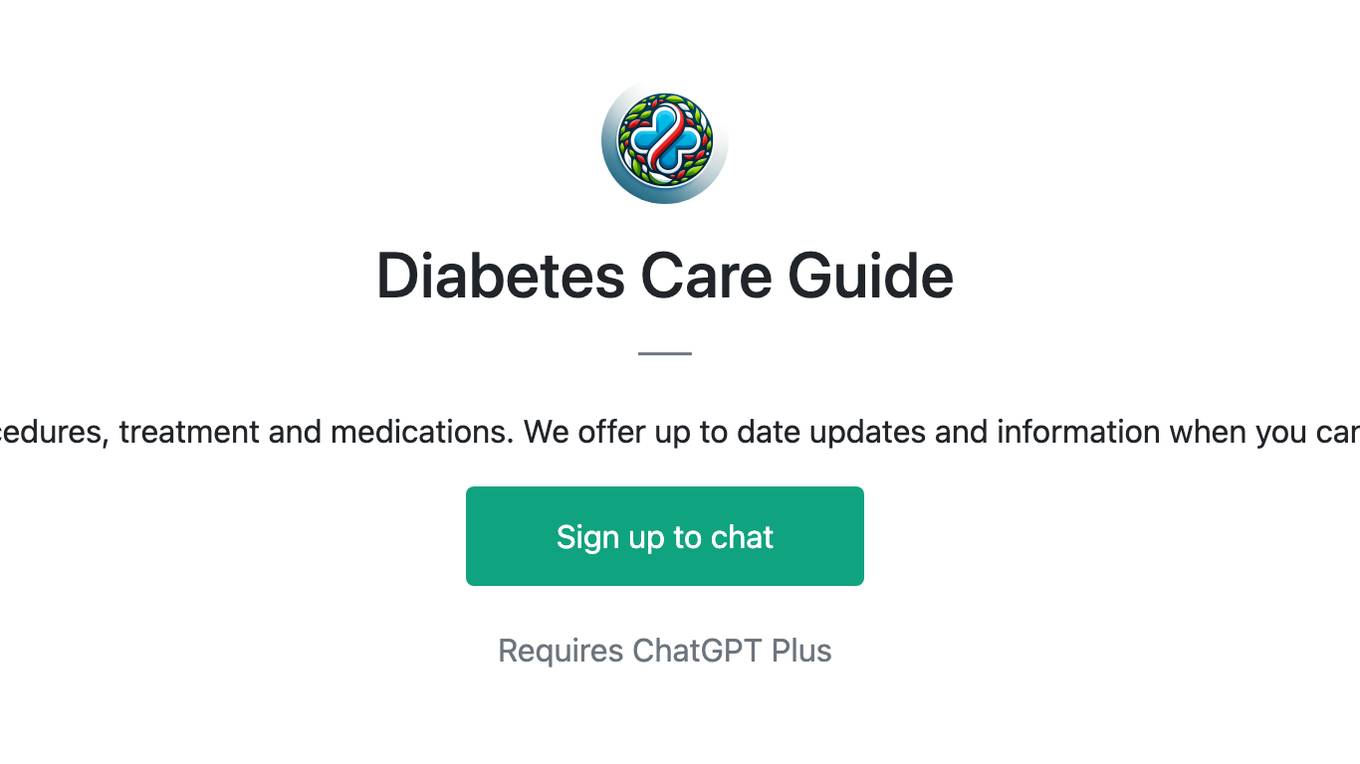
Diabetes Care Guide
The latest on diabetes procedures, treatment and medications. We offer up to date updates and information when you cannot readily visit a doctor.
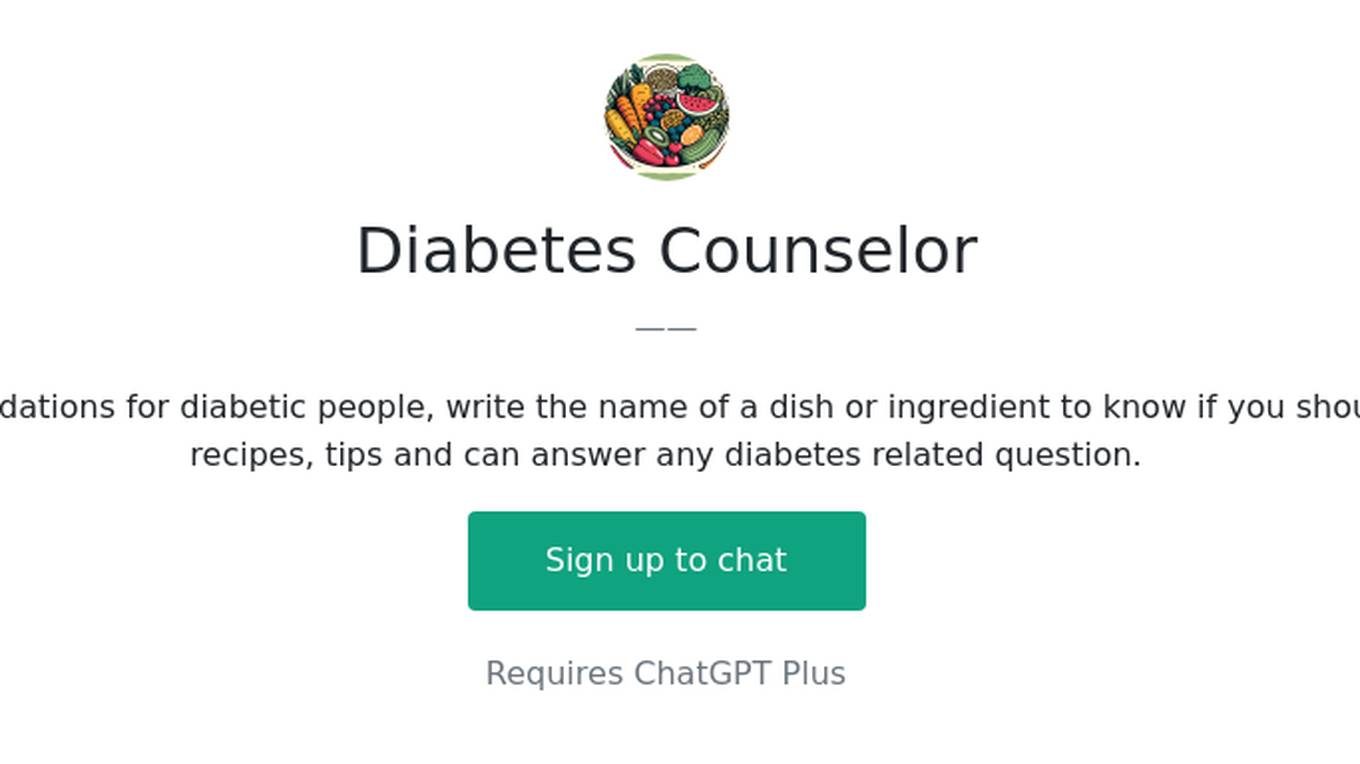
Diabetes Counselor
Straight to the point nutrition recommendations for diabetic people, write the name of a dish or ingredient to know if you should include it in your diet. Also provides recipes, tips and can answer any diabetes related question.
